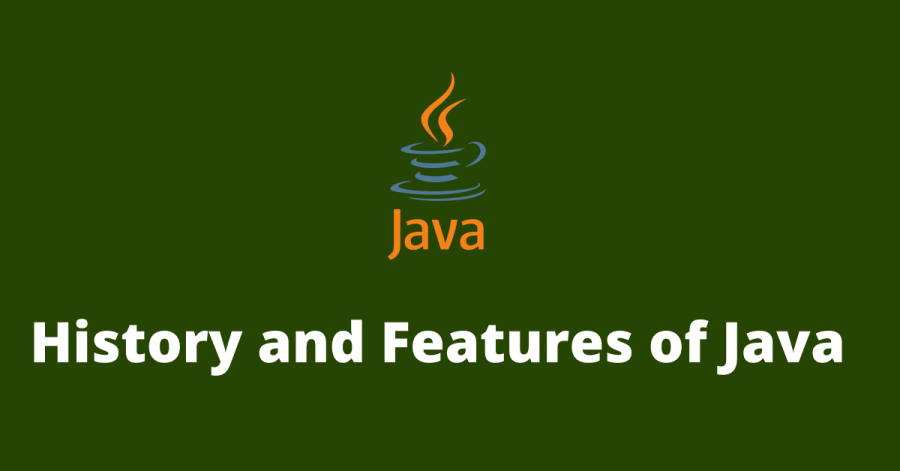In this tutorial, we will cover the topics like brief history of Java and Features of Java, purpose of Java, Difference between Java 7 and 8 etc.
Java is a programming language and produces software for multiple platforms.
Java is an object-oriented class-based, secured language. When a programmer writes a compiled code (known as byte code) runs on the most operating system (OS) like on Windows, Linux and macOS.
Table of Contents
Brief History of Java
Java was developed by Sun Microsystems of USA in the mid-1990s. James Gosling started to develop a new language known as “OAK” In may 1995,
Sun officially announced this language at Sunworld 95. Originally called Oak by James Gosling. But when it was found there is already a language named Oak, then it was renamed Java.
Sun Microsystem officially announced the release of Java version of 1.0 in the spring of 1995. Thereafter, Sun released the version 1.1 in 1997 and version 1.2 in 1998. Since version 1.2 in 1998 — which was drastically different from earlier versions – Java is known as Java 2.
We can use Java 2 Platform for building applications on various platforms including Windows, Linux, and UNIX. Java 2 Platform can also be used for Internet Programming and Intranet Programming.
Purpose of Java?
Java has been used in different domains. Some of them listed below:
Banking
Retail
Information Technology
Android
Stock market
Big data, etc.
Features Of Java
Let us have a look at various salient features of Java, Creators of Java language has enlisted various salient features of Java as follows:
Object-Oriented — java is based on object-oriented programming language where the class and methods describe the state and behavior of the object. An object which keeps state and behavior.
The purpose of making code object-oriented software become more reusable between projects.
Simple — Java syntax is based on C++. Java has removed many confusing features i.e. explicit pointers, operator overloading etc.
Platform independent and hence Portable —Java code is compiled by the compiler and converted into byte code that can be implemented on any machine.
Robust — Java is a robust language. It provides many safeguards to ensure reliable code. There is no need to remove unreferenced object because there is automatic garbage collection in java.
Secured — Security becomes an important issue for a language that is use of programming on internet. Viruses and abuse of resources are everywhere in internet so it should be ensure that no viruses entering through the applet. Java has no explicit pointers and java programs run inside virtual machine.
Multi threaded — Multithreaded means handling multiple tasks simultaneously. Java supports multi threaded programming. We can write Java program that can do two or more tasks simultaneously.
Interpreted but not slow– Generally, execution of interpreted program is very slow compared to that complied programs. But java program is interpreted and still not very slow. Because Java has chosen appropriated combination of compilation and interpretation. In other words, performance of Java programs is high.
Distributed — Programs that work on networked environment can be developed in Java.
What Is Java 7 and Its features?
Let me give a brief introduction to Java 7. It was the first major update to the Java programming language. This was major update if Java after acquired by Oracle from Sun Microsystem.
Major Features of Java 7 include:
Multiple exceptions handling
Improved type interference for generic instance
JVM support for dynamically support languages.
String object in a switch statement
Concurrency and collections updates
Compressed 64-bit pointers
Upgraded class-loader architecture
Allowing underscores in numeric literals
Now we will discuss advantages of Java 8 over Java 7.
It added features like new API for date and time, faster and improved JVM and Lambda Expressions.
Major Features of Java 8 include:
Null Reference Template
New Date and Time API
Parallel Sorting
New JavaScript Engine
Unsigned Integer Arithmetic
Support for Lambda Expressions
Summary Of this tutorial
Sun Microsystem officially announced the release of Java version of 1.0 in the spring of 1995.
Java SE 7 was the first major release of the programming language under Oracle’s ownership and stewardship since it acquired Sun Microsystems in 2010
Java is based on object-oriented programming language where the class and methods. It is Simple, Platform independent, Secured language.

